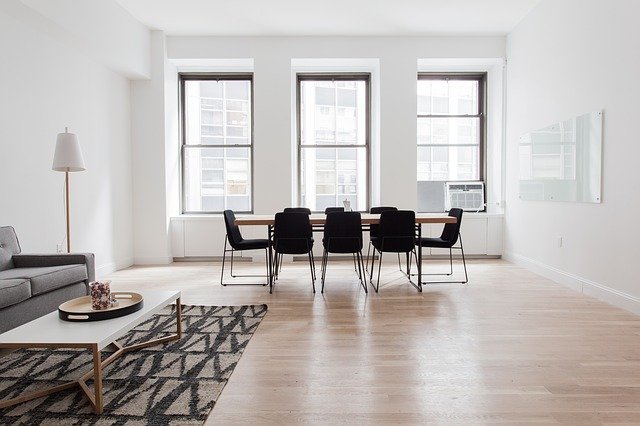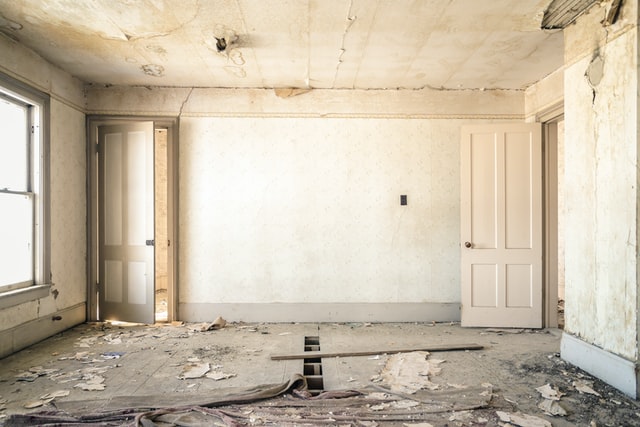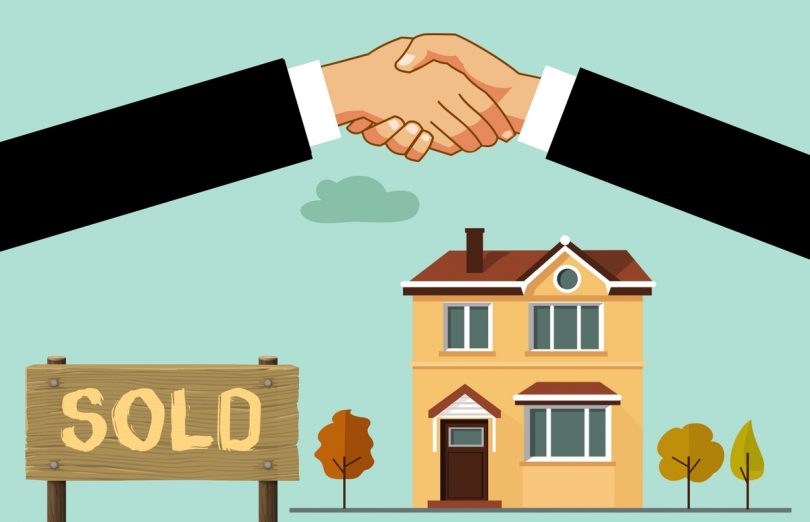Flipping houses is an investment strategy in real estate that consists of buying a home, renovating it, and selling it. Check out this comprehensive guide with ShBarcelona.
Are you ready to take advantage of the growing real estate market? Here is a step-by-step guide for checking your property, avoiding beginners’ mistakes, and building a profitable and successful business.
Check the opportunities, risks, the work involved, and the property’s actual profit potential.



Table of Contents
Assessment
Do Local Market Research
To understand past patterns, search house prices in your region and compare them with historical records. Find out which sites are increasing or decreasing in value and why.
You should research school districts, council districts, transportation methods, and every other local factor that could affect your area’s number of homes. Ask in your network and search for information online.
Search for Potential Homes
Search the list online and contact a real estate agent in your area. Look for homes that sell for less than the average price of other homes in your area, for instance, homes that are foreclosed. Identify and visit potential customers.



Photo via Pixabay
Do a Proper Inspection
Hire a qualified inspector to walk around the house with you. A thorough inspection should take 2-3 hours. Nationwide, the average cost of a home inspection is around $320. However, it depends on your home’s size and ranges from $200 to $470.
You may not want to pay this fee, but it is an upfront fee that may offset the potential cost of unknown problems in your home once you buy it or start repairing it.
Estimated Maintenance and Other Costs
Determine which cosmetic repairs can add value to your homes, such as new floors, new paint, or new roofs. Residential investors can use their available software to simplify this process.
Determine if there is room for improvement in the kitchen, bathroom, or laundry equipment.
Get quotes from many contractors to compare estimates and repair options.
For example, an electrician changing the wiring in a bathroom may uncover problems in the system that need more extensive rewiring. To budget for unexpected situations, add an extra 20% to all offers.
Measure all charges, such as real estate agency fees, processing fees, debt premiums, deposits, electricity, taxes, and insurance. Combine this number with the purchase price to reach the total cost.
Find out about all costs and compare them with the “repair value” to determine if you are likely to get a return on your property investment. If the total price is lower than the ARV, the investment may be reasonable.
After Repair Value (ARV)
The after repair value is the estimated selling price of a home under current and anticipated market conditions. To estimate the ARV, compare your property with other similar properties that have recently been sold in the same area.
The total cost consists of the purchase price, repair/renovation costs, taxes, carrying costs, interest/cost of money, and transaction fees.
Total Cost = Buy Price + Repair Cost + Other Costs
Purchasing
Secure Financing
Get the necessary funds from personal property, mortgage lenders, or private sources. There are a few questions you need to consider before buying a house.
Mortgage lenders from banks or private groups will need financial information for approval, and it will usually take 30-45 days.
Hard money loans are guaranteed based on the property’s value, not the borrower’s credit history. They are easier to get than traditional lender funds. Although their interest rate is higher than that of conventional loans, they can be offset by shorter repayment periods.
Private resources (such as friends or family) may not need your information, and it may not take long. But, lesser funds are available, and the rate may not be standard or flat.
Look for reasonable interest rates and lock them out. Mortgage rates vary depending on the current market and credit performance, geographic regions, debt-to-income ratio, and down payment.
Negotiate with the Seller
Seal the Deal
- Open and trust funds. Negotiate fees with your hosting company.
- Check your title and get title insurance.
- Delete incidents saved in the offer.
- Do the last exercise.
- Read and complete the documents.
Related article: Helpful Advice on How to Become a Property Owner in Barcelona
Renovate
Get Permission
Any extensive renovation will need government approval, and the contractor will not be able to start work without proper documentation. Permits vary according to authority, so ensure complete research.
Rent Contractors
Compare many quotes and check references and your network to find a contractor that can provide high-quality designs for a fair price. Make sure the insurance that your contractor has is valid and that covers the entire project duration.
Search for Buyers
Once the restoration is complete, immediately start looking for buyers who potentially may sell you the house. The shorter time it is on the market, the lower the maintenance costs are, and the sooner you can find your next investment.
Maintenance
Make an appointment with different contractors to avoid potential conflicts and solve any problems that arise. It would be costlier for the construction manager, but the project management plan and schedule will be done for you.
If you are trying to renovate your home yourself, here is a toolkit review for you.



Photo via Unsplash
Related article: Investing in Renovations before Selling a Property
Selling
Complete Final Inspection
Conduct another home inspection to check the repaired home and follow city, state, and federal laws. A specialist association such as the National Association of Home Inspectors should authorize the contractor and include a formal statement.
Value Assessment
The repairs you make will change the value of your home. Make an appointment with a state appraiser or qualified professional in your tax district to determine your property’s new value. Also, it would be best if you thought about investments in a renovation.
Enlist your House
List your home with a licensed real estate agent or sell it to buyers who are lining up for repair. Franchisees also find investors who buy renovated houses.
Advertising
- Advertise your house online.
- Advertise on local listings and surrounding areas.
- Organize open house activities to generate interest.
- Sell your home by word of mouth via online contact.
Negotiation
- Respond to a buyer’s offer within a specified time frame.
- Negotiate prices, fees, and other contact points.
- You can consult a real estate attorney. If you plan on doing this, be sure to include the legal fees in your original equation.
Sell your home with ShBarcelona
Conclusion
While this is enough to get you started, there is still a lot of information required for buying and moving houses.
Each criterion has its challenges, and it can take years to recover from a terrible investment decision.
Experts recommend starting small and avoiding homes that need significant repairs.
Initially, practice on properties that need only minor changes, such as new floors or paint. After getting success at such projects, move on to bigger ventures.



























Leave a Comment